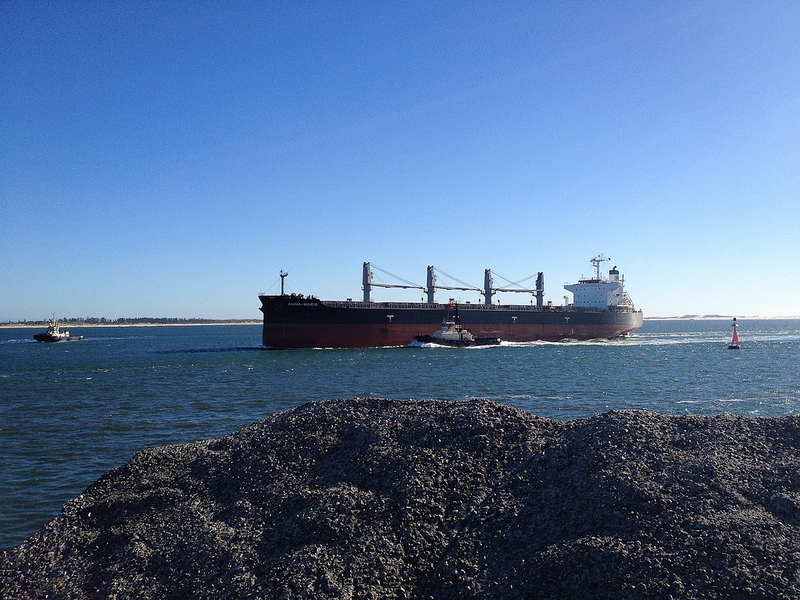If you follow coal exports, you’ll be fascinated by new developments in China: at least 30 vessels loaded with unsold coal are sitting off the coast. According to the energy industry journal Platts:
At least 30 Panamax or Capesize vessels are floating off China’s coast because traders who bought them have been unable to resell them to end-users, two industry sources said Tuesday at a conference in Indonesia…
“The situation is really very bad and is getting worse,” one industry source said.
A source from South Korea said he is surprised about the number of vessels that cannot discharge coal in various ports in China…
Chinese traders who bought and already paid for the coal from the international shippers and producers are now desperately trying to re-sell the cargoes to Chinese end-users or to other north Asian coal buyers…
The unclaimed coal perfectly illustrates the fickle nature of the global coal market. Prices and demand can fluctuate wildly, making coal export a risky business proposition for port communities.
Coal market volatility is exactly why the West Coast has such a terrible track record with coal export. Facilities in Portland in the 1980s and Los Angeles in the 1990s fell apart in spectacular fashion—stranding millions of dollars in capital and foreclosing better economic development opportunities—after supposedly reliable Asian coal demand dried up.
It will be fascinating to see how the situation resolves. Thermal coal prices seem to be in a steep slide. And that could well have implications for the Northwest because would-be coal exporters need to be able to command reasonably high prices in China in order to make their long-distance shipping plans pencil. If China’s demand dries up—whether because of weakening economic prospects there or some other reason—it’s hard to see how Northwest coal exports will make economic sense, even for the industry.


Comments are closed.